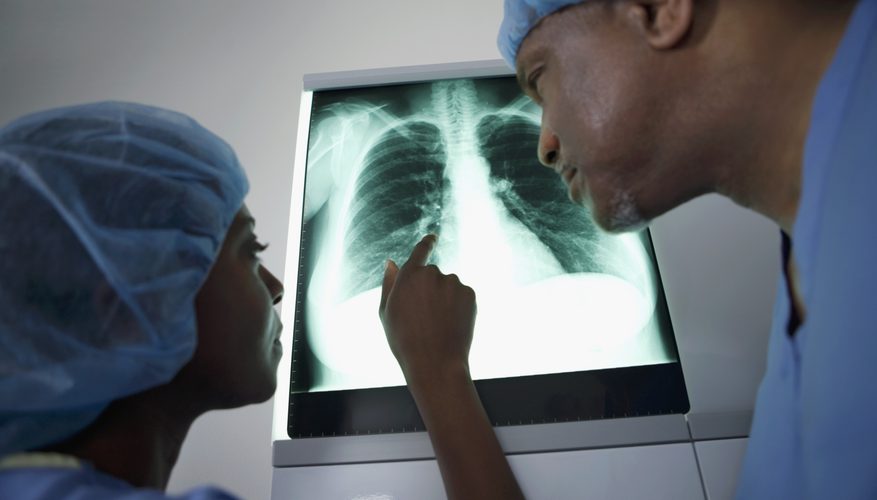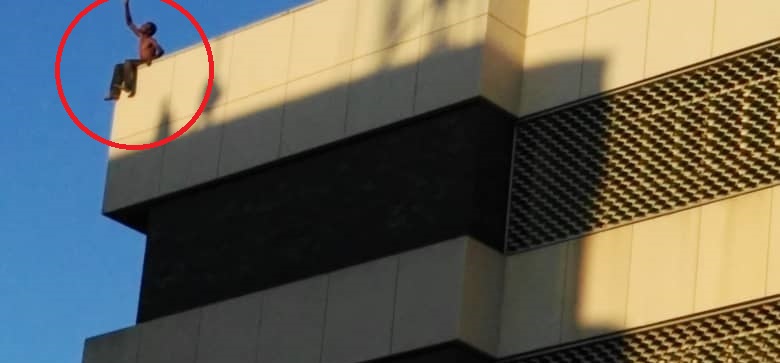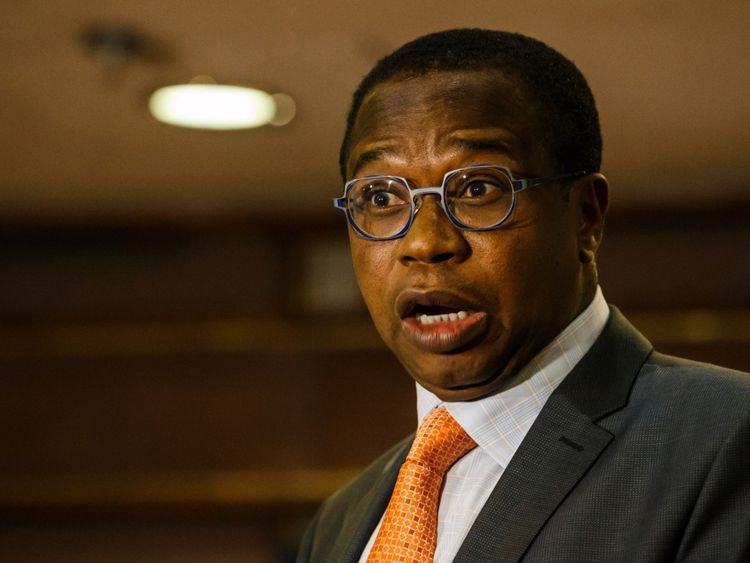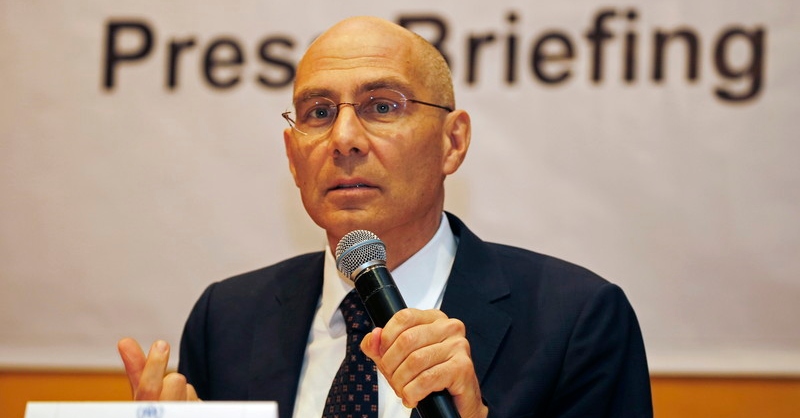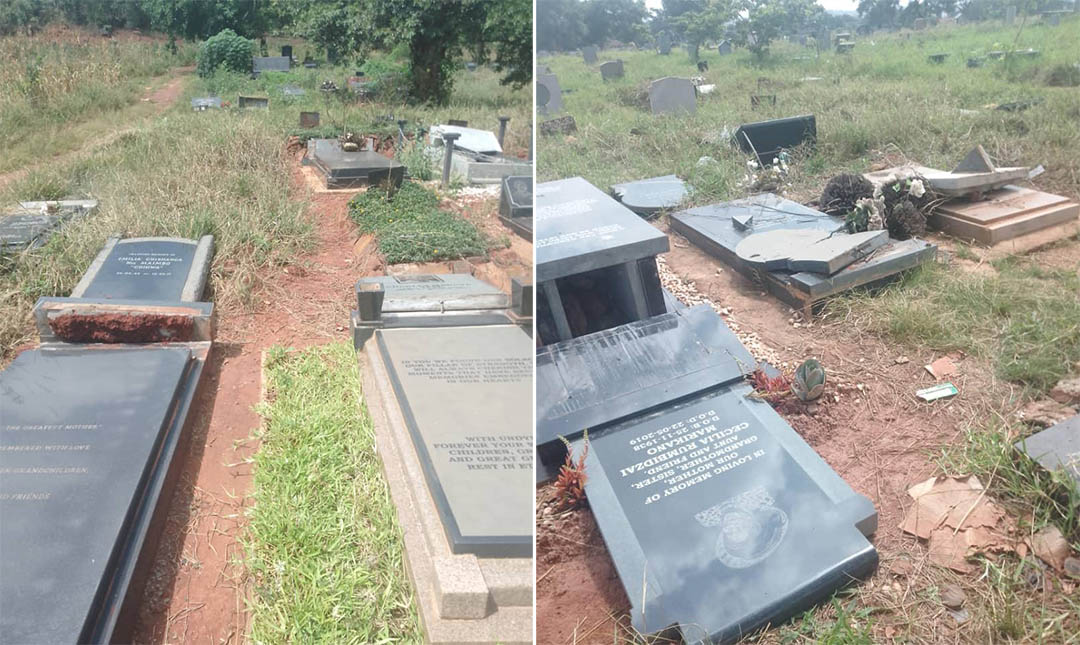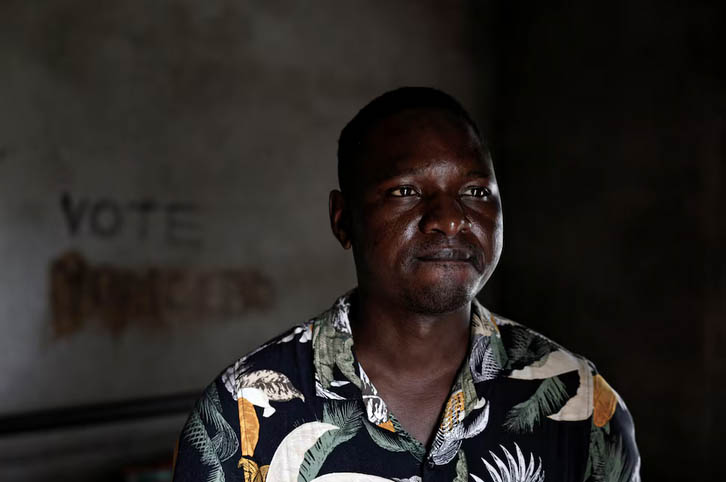HARARE – Radiographers at government hospitals on Wednesday joined the strike by junior and middle-level doctors as Zimbabwe’s health system slowly grinds to a halt.
The radiographers – who take X-rays, CT scans and other medical images to assist doctors to diagnose illnesses – said they took the action “after the thwarted attempts to engage our employer in negotiations to improve our working conditions.”
In a notice to strike sent to hospital chiefs, the Zimbabwe Government Radiographers Association said “the situation has become unbearable due to the prevailing economic situation.”
“… we regret to inform you that with effect from December 6, we will not be discharging our services to the general public nationwide,” the radiographers said.
Doctors at public hospitals went on strike on December 1 for the second time this year to demand better pay and conditions.
“We are understaffed and underpaid and there are no medications in the hospitals,” said Mthabisi Bhebhe, the secretary general of the Zimbabwe Hospital Doctors Association (ZHDA).
“We are really hopeful that the government will intervene as early as possible. The duration of the industrial action depends on when the government gives a proper practical solution.”
Among the 12 demands put forward by the radiographers in a December 1 letter to the Health Services Board, they want a restoration of on-call allowances; payment of their salaries in United States dollars; replacement of obsolete equipment; a review of housing and transport allowances; unfreezing of posts and guaranteed regular supply of consumables.
Health Minister Obadiah Moyo has described the strike action as illegal. He also ruled out paying public sector workers in United States dollars.
On Monday, the minister appeared at a news conference with some doctors who were later accused of falsely claiming to be representatives of the doctors’ union – angering the ZHDA which said Moyo was not sincere in his efforts to end the strike.
In March, the doctors went on strike and won an increase in pay and allowances, ending the first big labour dispute President Emmerson Mnangagwa faced since taking power.
But doctors were still struggling to survive, Bhebhe said, after prices of basic goods rose by at least 300 percent since October. Annual inflation was 20.85 percent that month, the first time it has hit double digits in a decade.
The doctors, who earn a basic monthly salary of about $385 before allowances, are also pressing the government to raise on-call allowances by 25 percent to $10 an hour paid in cash.
The strike by doctors has led to the closure of the outpatient departments of most public hospitals, piling the workload on senior doctors and consultants.
